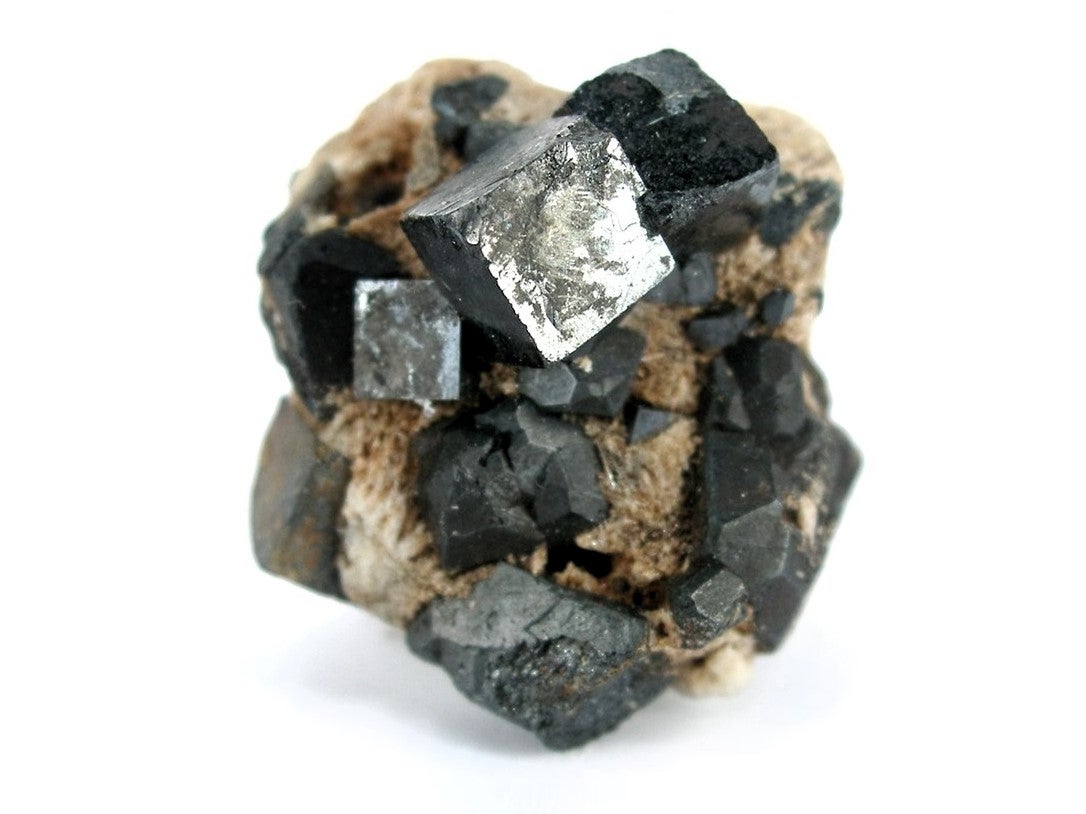Hundreds of years after it was discovered, one material is about to change the world
Rapid breakthroughs in recent months mean 2023 could be the year that perovskite’s potential is finally realised, bringing cheaper and more efficient ways of harvesting the Sun’s energy, writes Anthony Cuthbertson

No one knows who discovered perovskite. A sample of the crystal was collected in the Ural Mountains in Russia in the early 19th century, before making its way to the lab of German mineralogist Gustav Rose, who officially named it in 1839. He didn’t know it at the time, but its extraordinary properties would be hailed nearly 200 years later for their potential to revolutionise renewable energy.
This realisation began in 2009, when researchers in Japan began tinkering with the material and saw that shining light on it created a small electric charge. The team were only able to deliver 3.8 per cent power conversion efficiency on a tiny surface – a fraction of the roughly 20 per cent efficiency of conventional silicon solar panels – but the revelation spawned a brand new field of research.
By 2017, phenomenal progress meant efficiency rates had already passed 22 per cent, leading physics professor Valy Vardeny from the University of Utah to refer to it as a “miracle material”. Others described it as a “wonder material” capable of meeting the ambitious net zero targets being set at the time – just so long as its potential could be realised outside of a laboratory.
Subscribe to Independent Premium to bookmark this article
Want to bookmark your favourite articles and stories to read or reference later? Start your Independent Premium subscription today.
Join our commenting forum
Join thought-provoking conversations, follow other Independent readers and see their replies